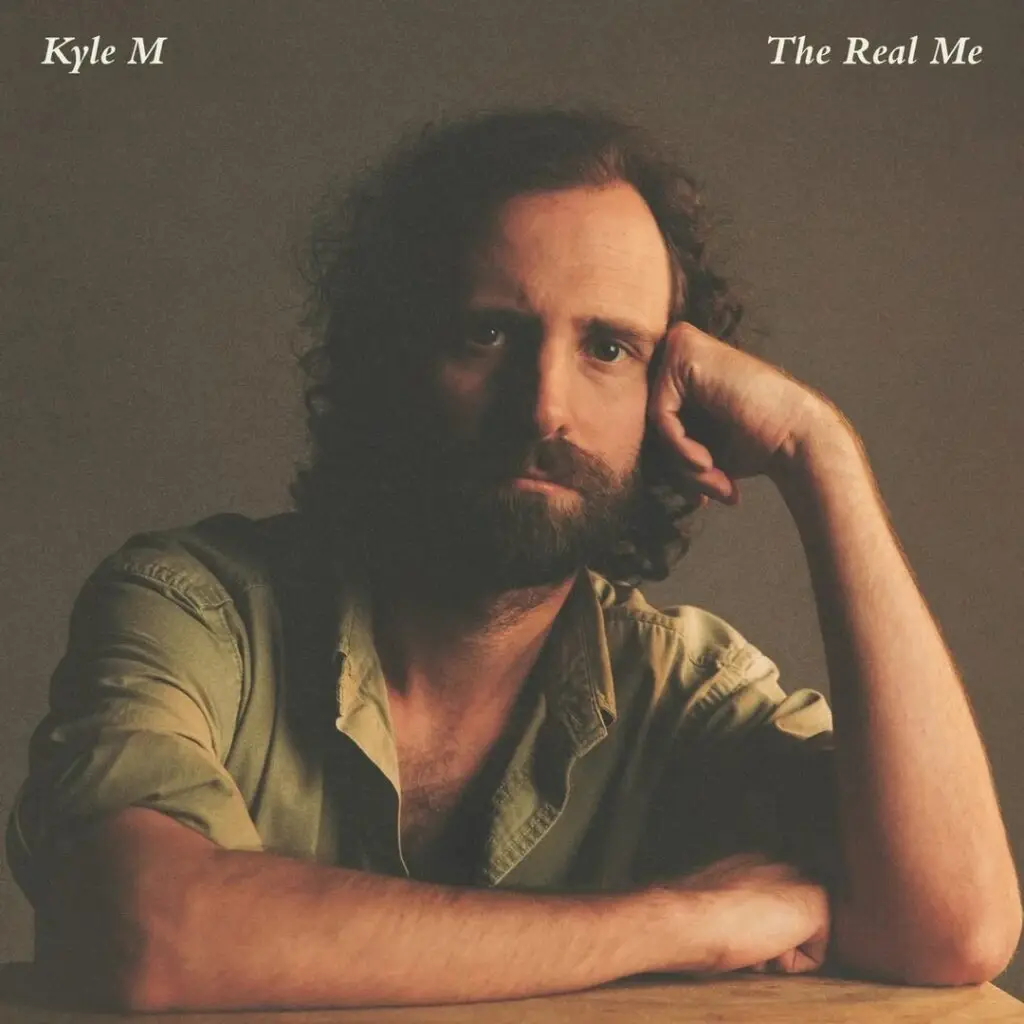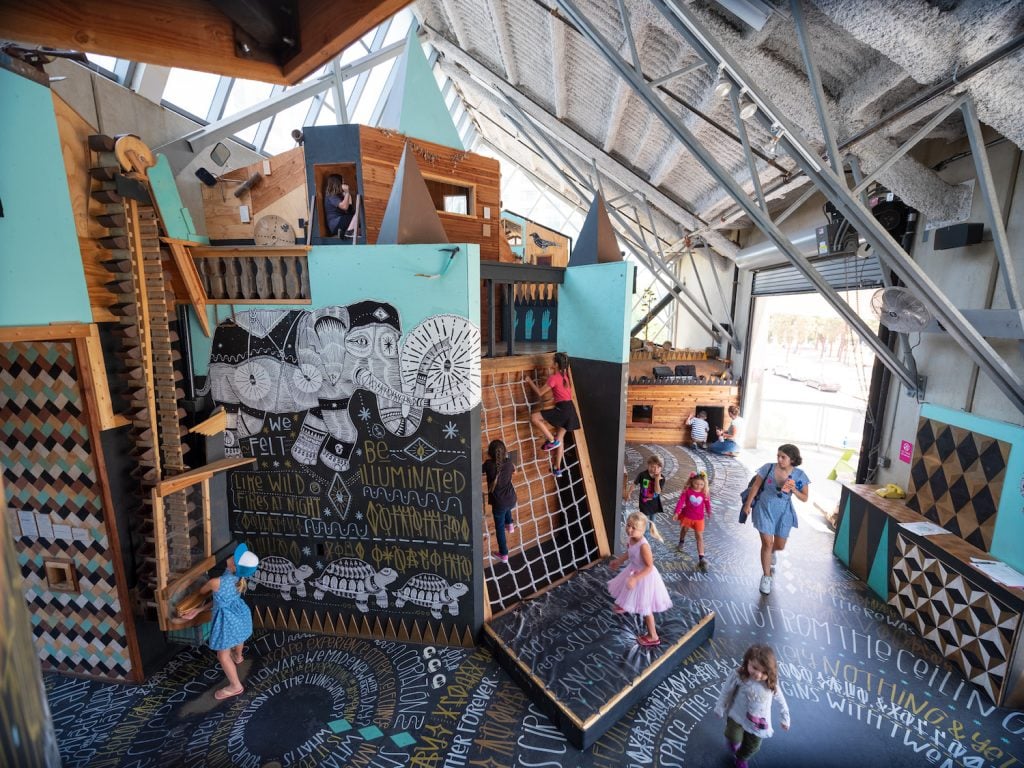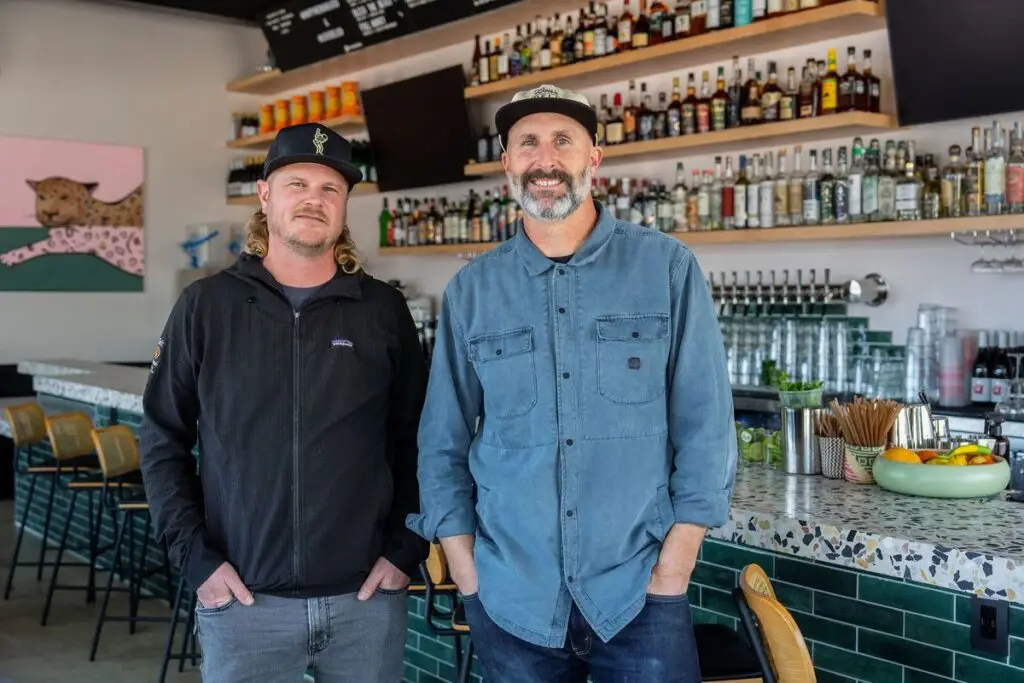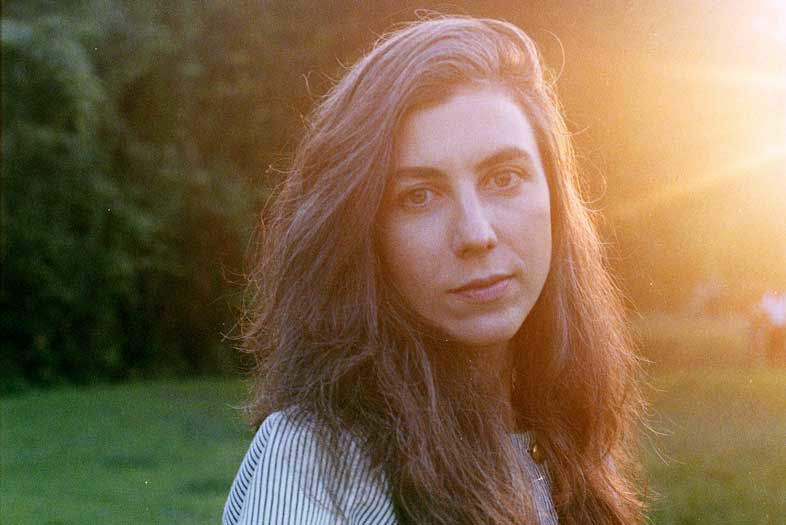Drawing simple conclusions about the music of Julia Holter proves elusive. The Los Angeles–based singer-songwriter is a master of building atmosphere in her songs, pulling the listener into a wholly defined world of sound and feeling, almost as if each album is a world unto itself. But much like the cinematic industry that defines her home city, Holter’s just as likely to tear down those thematic surroundings each time she begins a project in order to craft something new and self-contained. So where an album like 2013’s Loud City Song feels like some kind of surrealist, romantic dreamworld, its follow-up, 2015’s Have You in My Wilderness, comes across as more of a natural and airy project, detached from its predecessor’s psychedelic flourishes.
Her latest, 2018’s Aviary, is a completely different kind of album entirely. Comprising two LPs’ worth of music and spanning nearly 90 minutes, Aviary is by far her biggest album in terms of ambition and scope, but it’s also her biggest-sounding album. It’s a work of art-pop vision, at times resembling the grandest or most avant-garde moments from Kate Bush or Björk. But there’s a darkly atmospheric tone that persists throughout, one inspired in part by Vangelis’s score for Ridley Scott’s 1982 dystopian film classic Blade Runner as well as the chaotic flood of information that bombards us every day and the increasing difficulty in finding truth within it—echoed through the discordant first track, “Turn the Light On.”
Aviary requires time to absorb—that might seem obvious for an album of this magnitude, though it’s not because it doesn’t leave an impact upon first listen. There are simply so many corridors and alleyways to get lost in. It’s rich in details that sharpen on closer examination. Yet for Holter, building this particular world didn’t necessarily require rethinking her process or laboring over her creation. In fact, it started the same way her others have.
“I always start with some kind of improvisation,” she says. “By no means is it skilled improvisation. It’s improvising to write. I just sit down and record myself playing, often with maybe an idea in mind, but I’m not aware of what it is. It’s clear that it’s there once I start playing.”
Particularly fascinating about Aviary is the sheer expanse of sound and mood it covers. Where “Turn the Light On” jars and overwhelms, “Another Dream” creates a moody, futuristic soundscape. Yet elsewhere, tracks such as “I Shall Love 2” and “Les Jeux to You” are playful moments that display her boundless creativity and sense of humor. Aviary is a record that’s informed by darkness, but not controlled by it. And as a result, making it proved to be highly enjoyable.
“In the past, I had a lot of fun trying things out on my own,” she says. “With this record, I recorded a lot of the synth and voice at home, but I would also then bring those recordings into the studio and layer the studio and the home recordings, so it’s almost like a mixing of both worlds, whereas on [Have You in My Wilderness], we recorded everything in the studio. This record is a mix. It’s been my most fun record for sure.”
Working with an ensemble is standard practice for Holter now, particularly as she’s toured regularly over the past eight years. She’s as much a performer as a composer, though she admits that, as a formerly entirely solo artist, one of the biggest transitions she’s undergone is being able to better communicate her ideas to collaborators.
“I started making music when I was 17 and doing it in the classical realm,” she says. “But I was never really good at that, in that I was scared to present it to people because I was kind of disorganized, and I found it intimidating; I was self-conscious. So my personality and disorganization got in the way. When I went to record, I became reclusive and would record on my own. Seven years ago I started touring, so I had to work with people again—so I was like, ‘all right.’ And I realized how much more important it is to communicate your ideas, especially on this record.
“The other day I was looking at some parts from 2014 that are just really atrocious,” she continues. “I realized how important it is to be better at communicating with people, whether it’s a chord chart or just coming up with the right parts, but that’s been a process for me.”
The music of Julia Holter doesn’t lend itself to easy explanations or interpretations, and that’s somewhat by design. Her music isn’t about easy answers. Which is good—music doesn’t always have to inspire deeper thought or reflection, but the fact that hers does is representative of just how many ideas are actually swirling around in her songs, ideas worth going back to try and catch a second or third time around.
She does, however, very much like the idea of her music being the launchpad for someone else’s ideas.
“I don’t have expectations with what people experience,” she says. “I don’t want to make manipulative music. Maybe the purpose of art being able to generate more art, I hope that that’s happening. I hope my music doesn’t discourage people. I would love for people to like my music, but I don’t ever want to impose.”
Julia Holter
March 10
The Loft at UC San Diego
Other Recommended Shows This Week:
Vijay Iyer and Matt Haimovitz (March 7 at Prebys Concert Hall at UCSD): Most listeners of contemporary jazz should at least know of Vijay Ayer—he’s a pianist whose style ranges from delicate and ghostly to more intense and chaotic, and his 2016 collaboration with trumpeter Wadada Leo Smith, A Cosmic Rhythm with Each Stroke, is essential listening. This show finds Ayer performing with cellist Matt Haimovitz for a concert that promises to be both haunting and stunning.
The Redwoods Revue w/ Jake Najor and the Moment of Truth, The Midnight Pine, Birdy Bardot, and Dani Bell and the Tarantist (March 8 at Music Box): The Redwoods is both a label and a collective of musicians, but it’s most importantly one of the strongest incubators of original music in San Diego. Its artists include the haunting folk of The Midnight Pine, the psychedelic pop of Birdy Bardot, and the soul-funk of Rebecca Jade and the Cold Fact, among others, with many acts sharing musicians and songwriters. This particular showcase is a record-release show for Jake Najor and the Moment of Truth, whose namesake has appeared on records from the likes of TV on the Radio and Kelis, but leads his own jazz-funk band well worth grooving to.
Empress Of (March 10 at The Irenic): I first discovered Lorely Rodriguez, aka Empress Of, through the song “Best to You” by Blood Orange, which only scratched the surface of her outstanding art-pop songwriting. I highly recommend everyone seek out her 2015 album Me, featuring a synth-heavy production sound and lyrics full of compelling narratives.
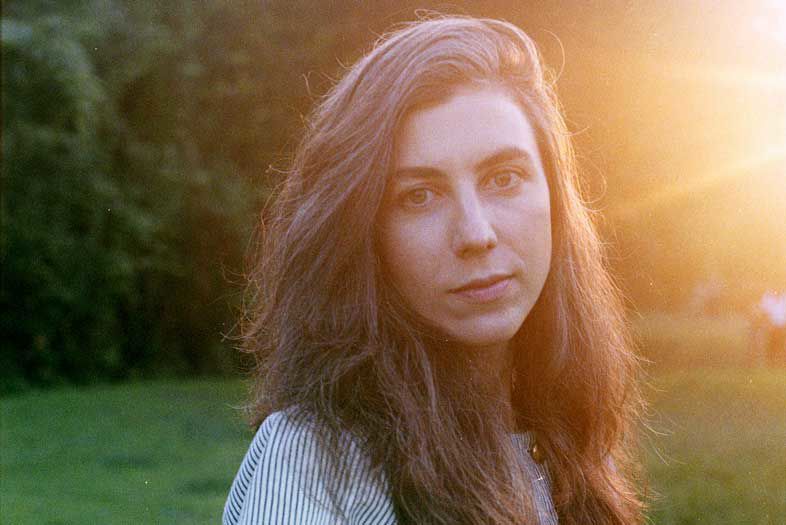
Julia Holter Is a Builder of Worlds
Photo: Dicky Bahto




